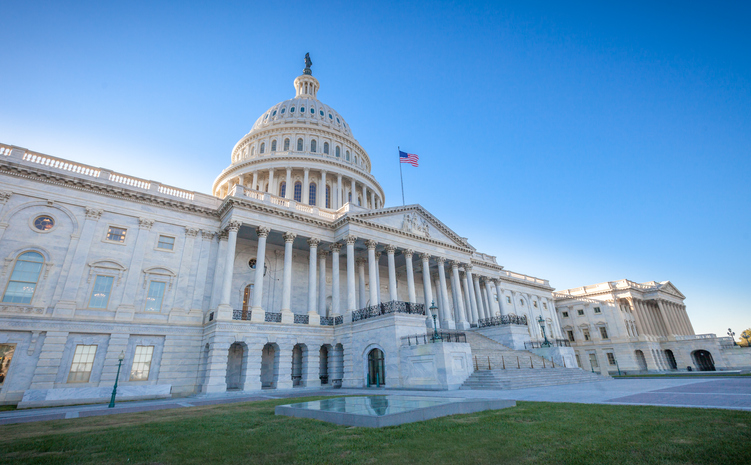
The first major bipartisan overhaul of the nation’s workforce training and development system was announced Dec. 7.
Reps. Virginia Foxx, R-N.C., and Bobby Scott, D-Va.—chairwoman and ranking member of the House Committee on Education and the Workforce—introduced a bill to reauthorize the Workforce Innovation and Opportunity Act (WIOA), the law governing federal funding for a wide range of employment services and programs. Those programs include job training for adults and youth; dislocated worker services; vocational rehabilitation; and the operation of the country’s network of approximately 3,000 American Job Centers, where workers and job seekers can access employment services.
WIOA was signed into law in 2014 and has been up for reauthorization since 2020. The sweeping overhaul, titled A Stronger Workforce for America Act, “makes critical improvements to the Workforce Innovation and Opportunity Act that will expand the skills development provided under the law, strengthen the relationship between employers and the workforce system, and put more Americans on the pathway to successful careers,” according to the bill summary.
“This bipartisan bill provides crucial updates [to WIOA] that will help employees compete in today’s workforce, close the skills gap, provide accountability, and most importantly, facilitate the success of American workers,” Foxx said.
Scott added, “The bill makes an array of key improvements to WIOA programs, such as expanding and improving the quality of skills development, strengthening services for disconnected youth, and codifying grants to help individuals released from incarceration transition back to employment and sustainable careers.”
SHRM Chief of Staff and Head of Public Affairs Emily M. Dickens said that “WIOA is the foundation of federal support for workforce development, and SHRM will do all we can to support the consideration and passage of this reauthorization effort. We are especially grateful that this bill includes key SHRM priorities, including support for external credentialing, improved credential transparency, broadening the definition of ‘business services’ to include HR consulting, facilitation of skills-based hiring, and support for employer-led upskilling efforts.”
Some of the key provisions of the bill include:
- Dedicating 50 percent of the adult and dislocated worker funding to upskilling workers through “individual training accounts” (ITAs) and on-the-job learning, and providing eligible displaced workers with ITAs worth $5,000 to enroll in high-quality reskilling programs.
- Prioritizing employer-led initiatives that equip workers with skill sets to fill jobs in critical industries and help the currently employed workforce upskill to avoid displacement and advance their careers.
- Streamlining the “eligible training provider list” to focus on outcomes and ensure eligible programs are aligned with the skill and hiring demands of employers.
- Strengthening the performance accountability system in the law to hold states and local workforce boards accountable for achieving positive labor market outcomes for program participants.
- Strengthening pathways to economic opportunity by placing a greater emphasis on work-based learning for youth and on workforce education programs at community colleges that align with in-demand jobs.
- Authorizing state and local workforce boards to aid employers implementing skills-based hiring practices.
The bill will need to first clear the House labor panel before being approved in both the House and Senate, which could be tough in a narrowly divided Congress barreling into an election year.
The WIOA reauthorization follows another bipartisan effort expanding Pell Grants for short-term job training programs, signifying that workforce development is one policy area where Republicans and Democrats can find agreement.